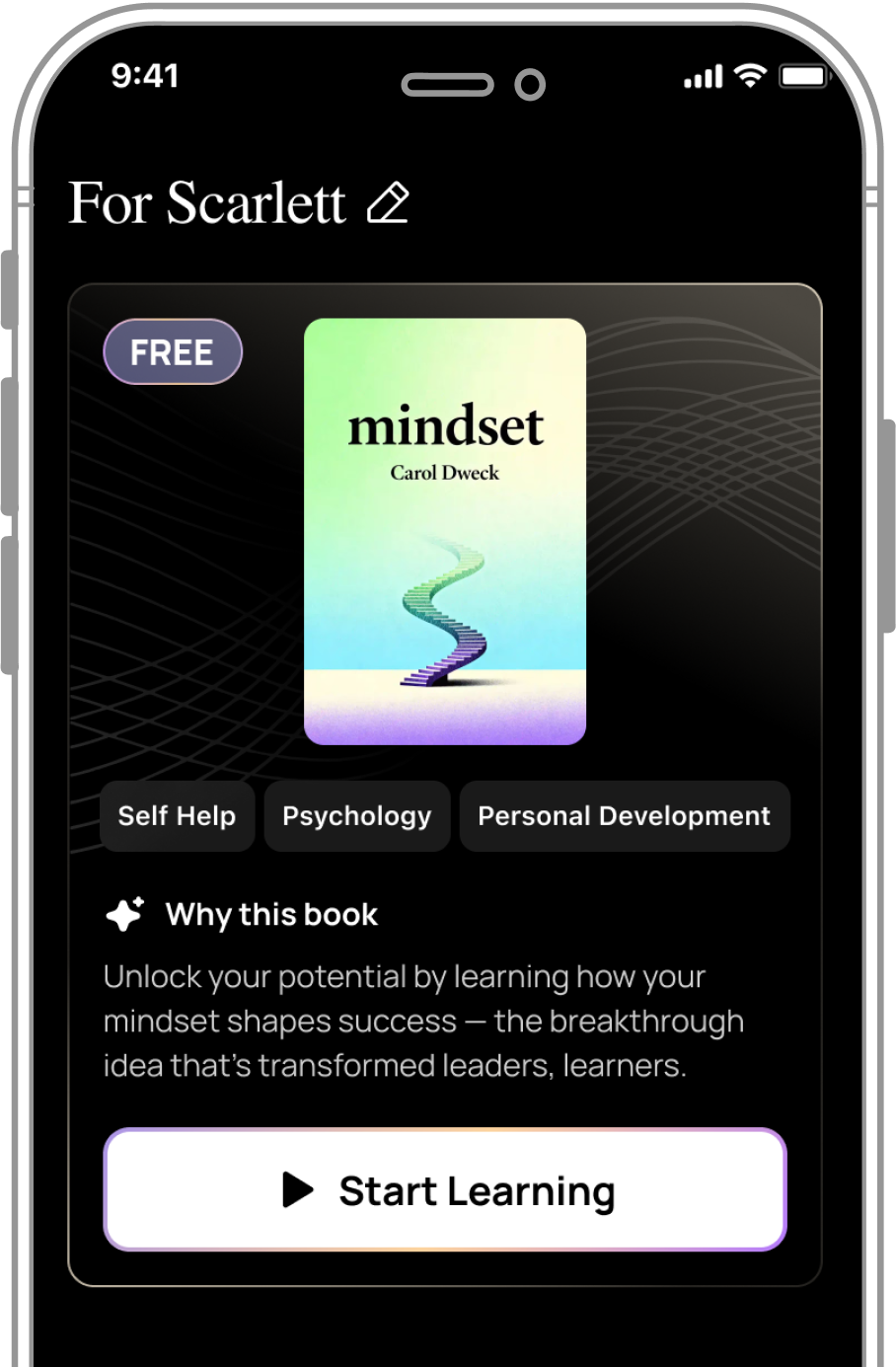What is
The 48 Laws of Power by Robert Greene about?
The 48 Laws of Power examines historical and psychological strategies for gaining and maintaining influence, derived from 3,000 years of case studies. The book outlines 48 principles—like “Never Outshine the Master” and “Crush Your Enemy Totally”—that teach readers to navigate power dynamics through deception, strategy, and social maneuvering.
Who should read
The 48 Laws of Power?
This book suits professionals, leaders, and students of strategy seeking to understand power structures in business, politics, or social settings. Critics argue it promotes manipulation, but Greene frames it as a guide to recognizing power tactics used by others.
Is
The 48 Laws of Power worth reading?
With over 1.2 million copies sold, it’s a seminal work on strategy, though polarizing. While some praise its historical insights, others criticize its amoral tone. Readers should approach it as a study of power dynamics, not a literal playbook.
What are the most famous laws from
The 48 Laws of Power?
- Law 1: Never outshine the master (avoid threatening superiors)
- Law 15: Crush your enemy totally
- Law 29: Plan through the end (anticipate all outcomes)
How does
The 48 Laws of Power apply to modern careers?
The laws advise strategic networking, avoiding overconfidence, and timing actions carefully. For example, Law 23 (Focus Your Efforts) emphasizes prioritizing high-impact tasks, while Law 35 (Master Timing) aligns with career pivots during industry shifts.
What are common criticisms of
The 48 Laws of Power?
Critics argue the book glorifies manipulation and unethical behavior. Greene counters that it exposes how power operates, helping readers defend against exploitation. Some laws, like Law 2 (Distrust Friends, Use Enemies), are seen as overly cynical.
How does
The 48 Laws of Power compare to Robert Greene’s other books?
Unlike The Art of Seduction (focused on interpersonal influence) or Mastery (skill development), this book emphasizes overt and covert power tactics. However, all Greene’s works share historical case studies and strategic frameworks.
What are key quotes from
The 48 Laws of Power?
- “Never outshine the master”: Avoid threatening superiors
- “Isolate your victim”: Control environments to dominate
- “Plan to the end”: Anticipate every outcome
Why is
The 48 Laws of Power still relevant in 2025?
Its principles adapt to modern contexts like corporate politics, social media influence, and leadership. For example, Law 48 (Be Unpredictable) aligns with countering AI-driven predictability in decision-making.
How can
The 48 Laws of Power improve negotiation skills?
Laws like Law 6 (Court Attention) and Law 43 (Win Hearts and Minds) teach strategic communication and emotional appeal. These tactics help negotiators balance logic and persuasion.
Are there ethical ways to apply
The 48 Laws of Power?
Greene suggests using the laws defensively—like Law 19 (Know Your Enemy)—to anticipate rivals’ moves. Ethical applications include strategic transparency (Law 46) and fostering loyalty without manipulation.
What books pair well with
The 48 Laws of Power?
- The Prince by Machiavelli (classic power strategy)
- Influence by Robert Cialdini (psychology of persuasion)
- Atomic Habits by James Clear (complementing tactical discipline with incremental growth)








